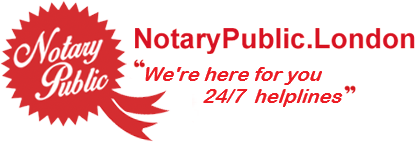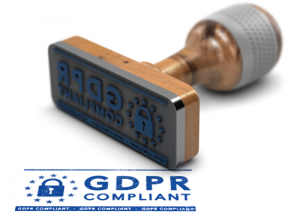When is Notarisation Required?
Posted on 25th August 2025Notarisation becomes necessary when documents require the highest level of authentication for international use, legal proceedings, or official transactions. As qualified legal professionals, notary publics provide certification that goes beyond standard solicitor attestation, offering internationally recognised validation.
International document use represents the most common notarisation requirement. Foreign authorities, banks, and institutions often demand notarised copies of passports, birth certificates, marriage certificates, and educational qualifications. This ensures document authenticity and prevents fraud in immigration, business, and personal matters.
Power of attorney documents frequently require notarisation, especially for overseas property transactions, international business management, or care arrangements for relatives abroad. Notaries verify the principal’s identity, mental capacity, and understanding of the document’s implications before certification.
Corporate transactions involving foreign jurisdictions typically mandate notarised company documents. Certificate of incorporation, board resolutions, financial statements, and shareholder agreements need notary public authentication for international business registration, banking arrangements, and contract execution.
Affidavits and statutory declarations for foreign use must be notarised to ensure legal validity abroad. This includes sworn statements for insurance claims, legal proceedings, immigration applications, and business attestations required by overseas authorities.
Academic and professional credentials often need notarisation before apostille certification. Universities, professional bodies, and employers in foreign countries require authenticated degree certificates, transcripts, and professional licenses to verify qualifications.
Personal documents for international family matters, including adoption papers, divorce decrees, and death certificates, frequently require notary public certification. This enables recognition in foreign legal systems and prevents delays in sensitive family proceedings.
The notarisation process involves identity verification, document review, oath administration, and secure record-keeping. UK notaries maintain detailed registers and provide ongoing verification services, ensuring your documents withstand scrutiny by foreign authorities throughout their lifecycle.
Posted in Notarial Blog







 Our Offices are located directly opposite the front of Charing Cross train station at:
Our Offices are located directly opposite the front of Charing Cross train station at:






